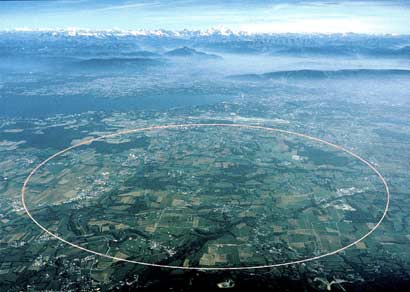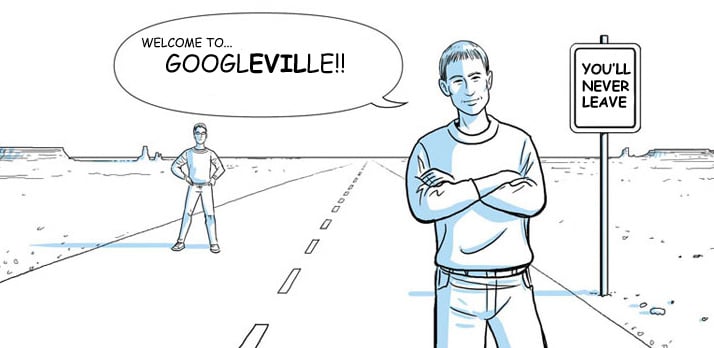Nick Carr has a thoughtful meditation on Google. Its vitality stems, he thinks,
from the vast number of complements to its core business. Complements are, to put it simply, any products or services that tend be consumed together. Think hot dogs and mustard, or houses and mortgages. For Google, literally everything that happens on the Internet is a complement to its main business. The more things that people and companies do online, the more ads they see and the more money Google makes. In addition, as Internet activity increases, Google collects more data on consumers’ needs and behavior and can tailor its ads more precisely, strengthening its competitive advantage and further increasing its income. As more and more products and services are delivered digitally over computer networks — entertainment, news, software programs, financial transactions — Google’s range of complements expands into ever more industry sectors. That’s why cute little Google has morphed into The Omnigoogle.
Because the sales of complementary products rise in tandem, a company has a strong strategic interest in reducing the cost and expanding the availability of the complements to its core product. It’s not too much of an exaggeration to say that a company would like all complements to be given away. If hot dogs became freebies, mustard sales would skyrocket. It’s this natural drive to reduce the cost of complements that, more than anything else, explains Google’s strategy. Nearly everything the company does, including building big data centers, buying optical fiber, promoting free Wi-Fi access, fighting copyright restrictions, supporting open source software, launching browsers and satellites, and giving away all sorts of Web services and data, is aimed at reducing the cost and expanding the scope of Internet use. Google wants information to be free because as the cost of information falls it makes more money…



